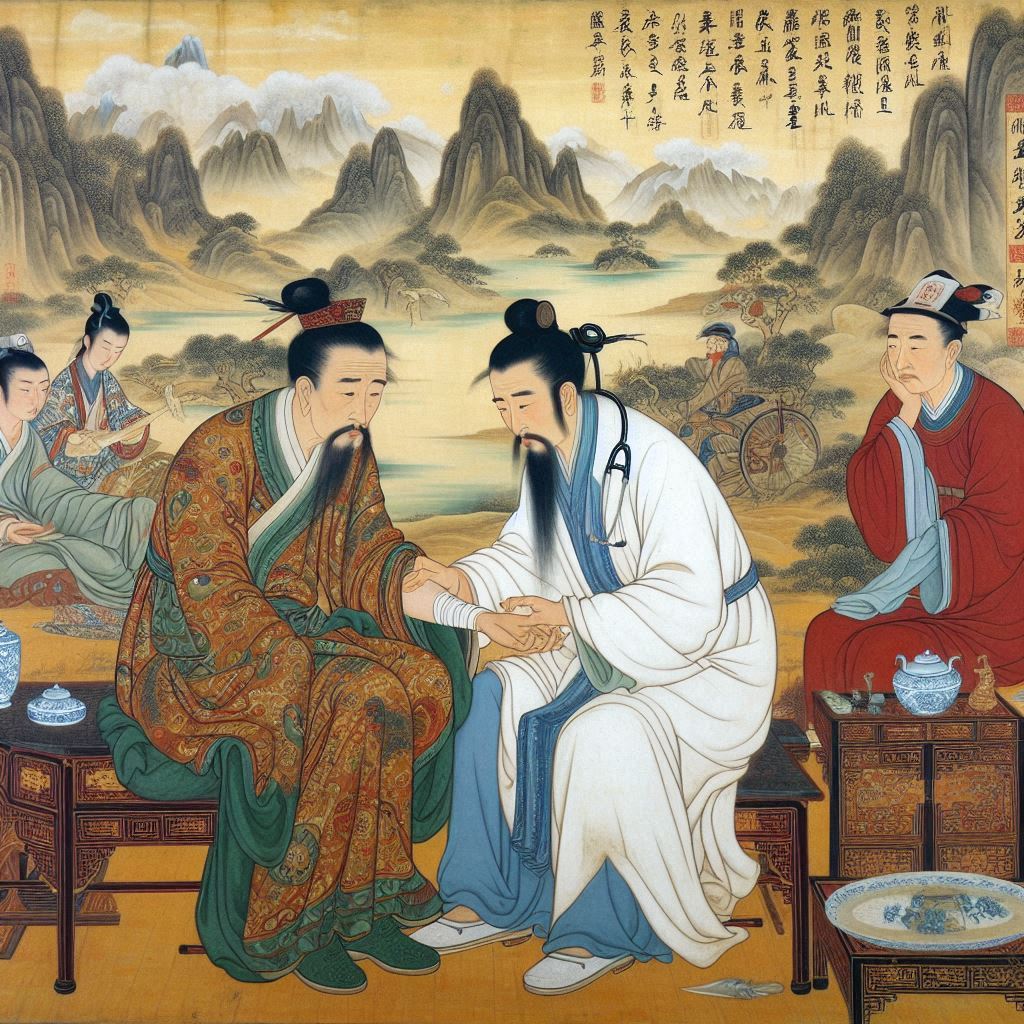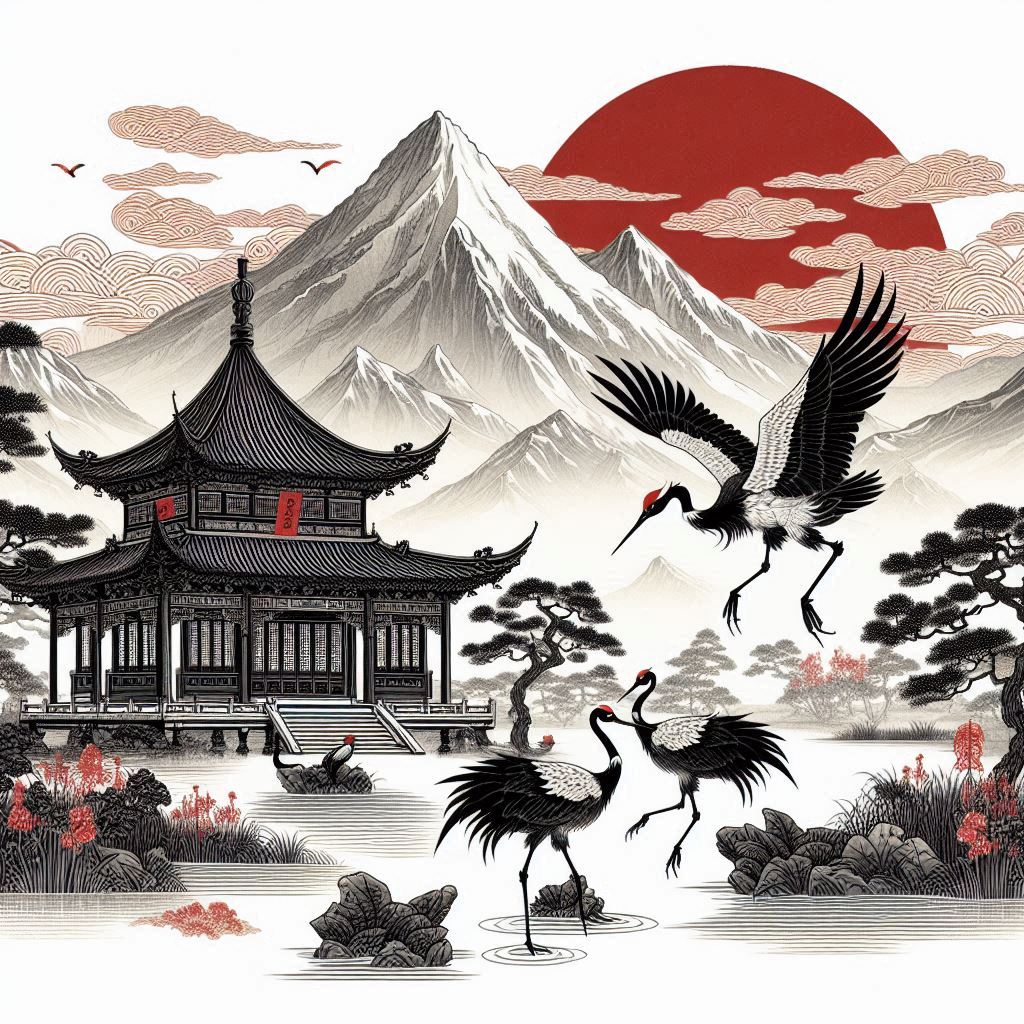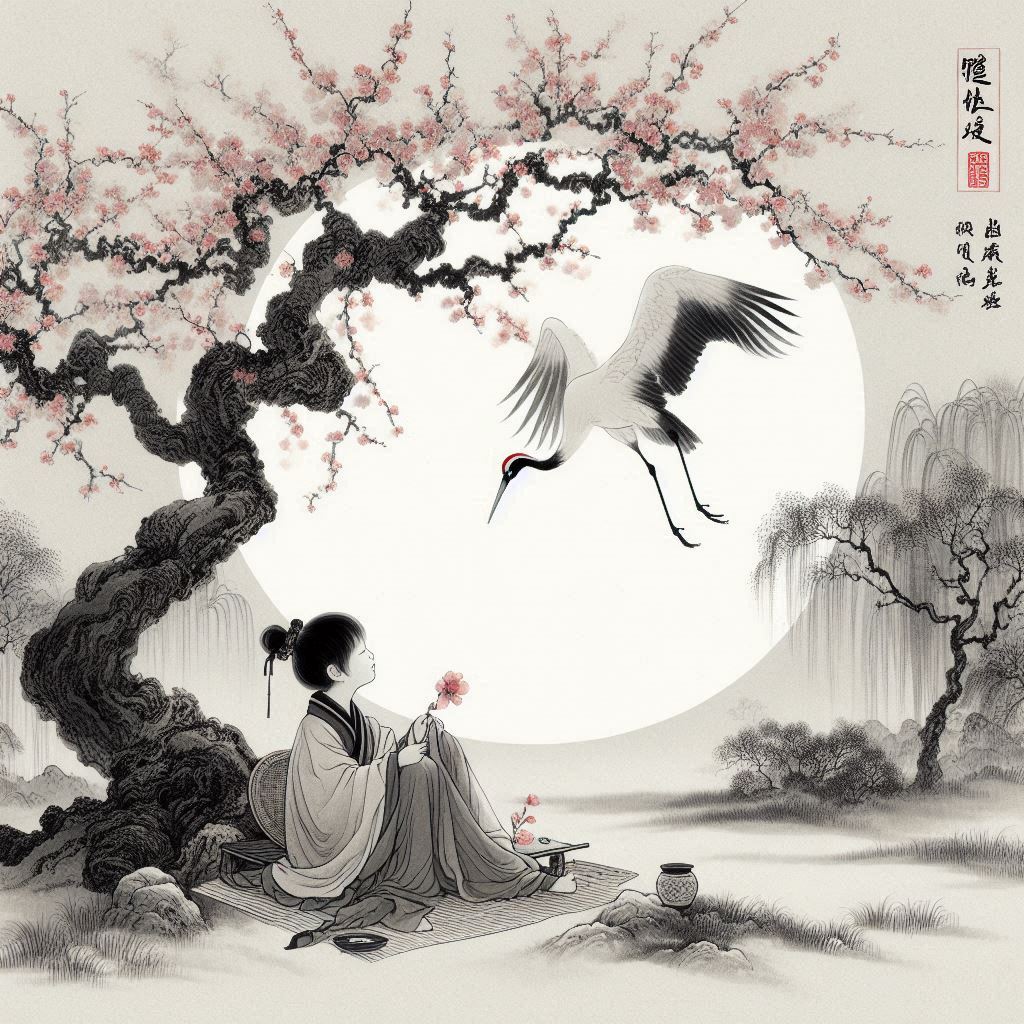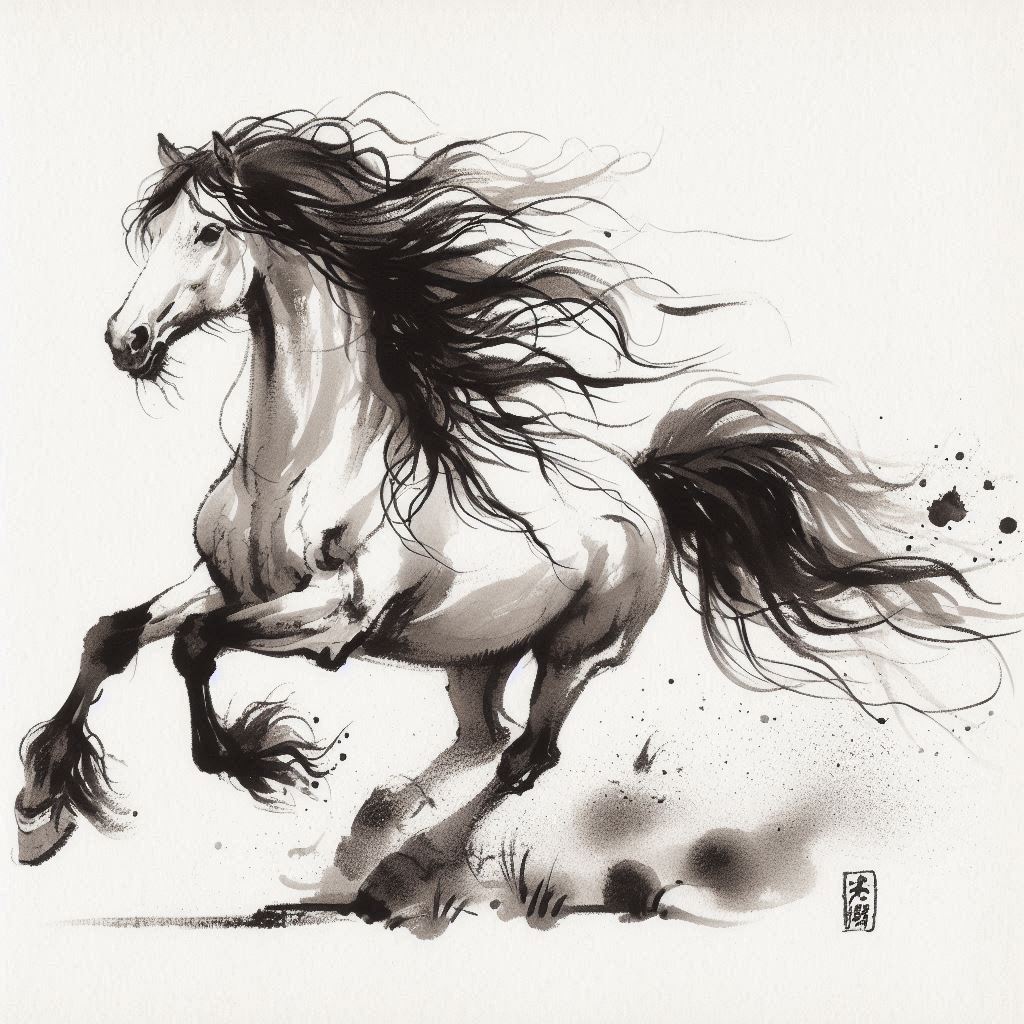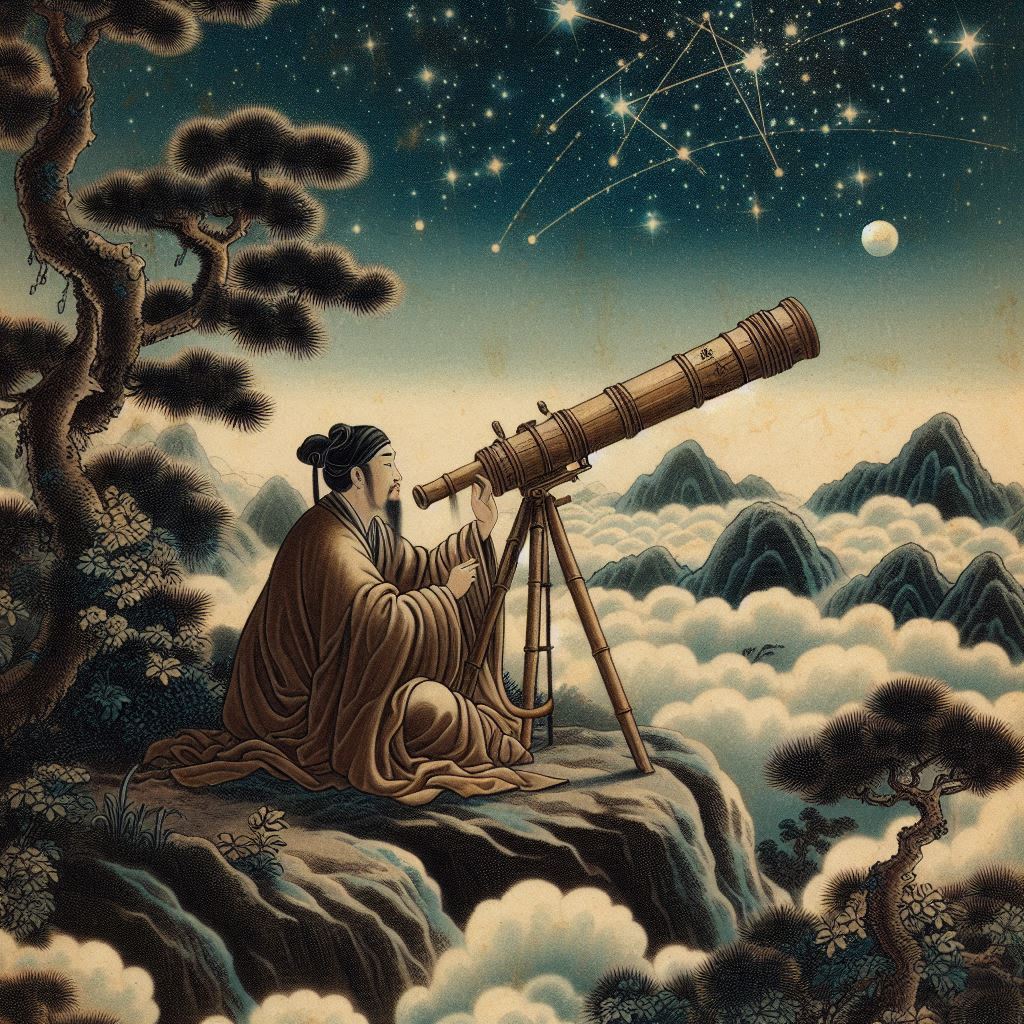In traditional Chinese medicine attachment exists as an emotion that negatively affects our mentality and physiology (predominantly the Lung/Large intestine partnership) yet it is not one of the Seven Emotions, viewed to be the internal cause of disease (anger, joy, sadness, pensiveness, worry, fear, fright).
What really is attachment?
A lot of people mingle the feeling of attachment with the feeling of love. Yet love and attachment are not only not close experiences but complete opposites. When one is loved one is given the space to be who they are and thrive without being edited, judged or restricted. When one is being attached to one is being constantly subjected to non-acceptance, judgment and control. Vice versa – when one is loving one creates a healthy space of protection, compassion and spontaneous joy where his/her loved ones are completely free, healthy and thriving. If one is attached to others one tends to sufficate people and often force oneself into their lives aggressively, or the least inappropriately. Said simple love is liberating, attachment is enslaving.
One of the strongest attachments we have is to long time friends and family. But just because certain people feel comfortable does not necessarily mean that they are good for us. Just because we had a great time with a certain friend ten years ago does not mean that this friend cares for us and is kind to us today. Just because we are blood related to our family does not mean that we should tolerate abusive, selfish, or simply indifferent parents and siblings. And because we are deeply loyal to friends and family an effective way to determine if they are truly good - hearted to us is to strip them for a minute from their role in our lives, and the past we had together, and merely observe their words and actions towards us. Then ask ourselves – “If I just met this person and he/she acted this way would I tolerate that?” Certainly people make mistakes and when they sincerely realize and apologize it is kind and proper to accept the apology and move on. But in cases of chronic disrespect it is our opinion that neither the past, nor the blood can justify negativity, and that one has every right to protect oneself from toxic “loved ones”, and “disattach” without any guilt or remorse.
We may be attached to an image we created about others that has nothing to do with reality, but rather with our desire of who we want them to be. Maybe we want them to be a unique man/woman to fall in love with, or an amazing friend with great qualities, a loving selfless parent, a hero-like teacher, or the perfect child that makes us proud. But when they do not act in accordance with what we expect them to be we feel disappointed, betrayed, and in pain. Certainly we should not be with people that we are not compatible with (this does not apply to juvenile children!), but we should definitely not put weight on others with qualities that they do not possess, only because we want them to have these qualities. Letting others to be who they really are, and act upon that basis rather than our expectations of what they should be, will give us a steady focal point on how to deal with others, and if we should deal with them at all. Being true to ourselves about the people in our lives will lead to a healthier selection of who should stay in our lives and send off the ones who should not with sincerely good wishes.
Besides attachment to people, we may be attached to many other things – objects, the past or the future, ideas, ambitions, concepts. The reality, though, is that none of these things have lasting nature and continuously undergo change. Objects get destroyed, the past was there but now is gone, the future is a probability, ideas and ambitions are inconsistent figments of the imagination. Our lives and everything that is part of it, undergoes constant and ongoing change. As the ancient “Greek Taoist” Heraclitus wisely said "No man ever steps in the same river twice" . One moment can never repeat itself; the next moment may be similar but never be the same.
Being attached to something that is not lasting in nature and will undoubtedly undergo change is the same as trying to grab and hold on to flying bubbles. Being attached to things that will unquestionably change is not being accepting of reality, because reality is constantly changing. Not accepting reality inevitably will lead to some sort of isolation or a mentally secluded life, because the grip of our attachment disables us to be in the moment, to be spontaneous, to be relaxed and trusting.
So how do we realize if and when we are attached? Attachment is the opposite of freedom, i.e. a sensation of constriction and stiffness. Therefore it is safe to say that whenever we are stiff, over-controlling, uptight and anxious, whenever we are unable to accept the present, the truth, and the reality, whenever things have to be the way we imagined without leaving space or trust in spontaneity and change - we should search for attachments within.
An interesting observation we have is that when long term attachment is realized and attempted to be removed, an identity crisis is experienced – “Who am I without this dream I clinged to for so long?”, “Who am I without the home I left behind?”, “Who am I without this person I shared my life with for so long?”, or “Who am I without this ambition, without this view?”. And here it is important to say that our attachments to people, objects, concepts, etc. are unable to define who we really are, because clinging to something or someone cannot define the one who is clinging. Thus it is completely safe to let go of attachments! Who are we without our attachments? - we are still the same inside and out, only more free to maneuver, explore, do an be. Or said with one word only – free!
How do we address attachments? There are wonderful Eastern teachings that not only address attachment but also offer methods that transform the very root of it, as well as the root of other painful emotions such as anger, jealousy, greed, pride and ignorance, from the absolute level of the mind. Finding and engaging in a liberating practice is the beginning of the end of long-term obstructions and suffering.
Attachment may also be addressed by catering to the Lung/Large Intestine partnership (Element Metal).
YS
Related Articles:
The Seven Emotions - Internal Cause of Disease
The Toxic Effect of Disturbing Emotions and Some Ways to Approach Them
Please read our Disclaimer

